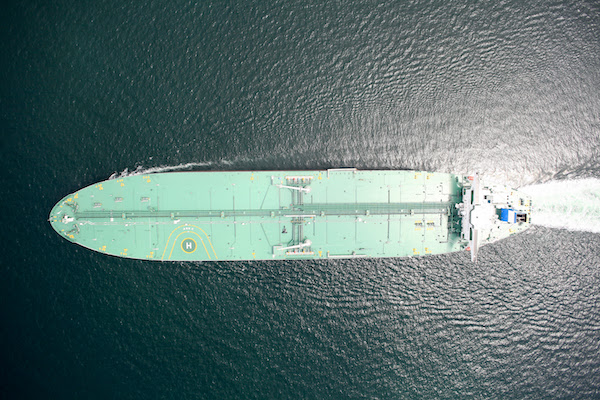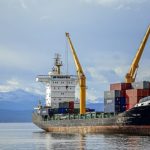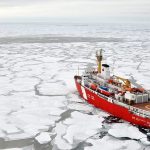Some ship managers are finding they are unprepared for the human factors element of the new SIRE (Ship Inspection Report Programme) 2.0 inspection regime, a webinar hosted by Kaiko Systems has heard.
Panellists at the ‘SIRE 2.0 is Here: What the New Inspection Regime Means for You’ event also discussed the impact that SIRE 2.0 – which went live on 2nd September – has had on seafarers hearing that some are stressed and overwhelmed as they adapt to the increased workload and new requirements of the new inspection process, such as learning how to take photos and welcoming inspectors onboard.
“We do see a lot of problems with the human factor questions. There have been a lot of ship managers who have been caught on the back foot with these,” said Kaiko Systems CEO and Co-Founder, Fabian Fussek.
OCIMF (Oil Companies International Marine Forum) has introduced the SIRE 2.0 regime with the aim of creating a safer maritime industry and this was acknowledged by Mr Fussek and the other panellists: Capt. Pradeep Chawla, CEO at Maritime Knowledge Limited, MarinePALS; Capt. Leonid Zalenski, Chief Operating Officer, Columbia Shipmanagement; Capt. Kuba Szymanski, FNI Kuba Szymanski, Secretary General of InterManager; and Capt. Steve Barker, Project Transition Consultant to OCIMF.
As SIRE 2.0 introduces more subjectivity in assessments, Mr Fussek said this would no doubt lead to a potential increase in negative observations with concern that charterers might focus excessively on these. Panellists agreed there should be patience and positive reinforcement for seafarers as they become familiar with the new regime.
The webinar explored the operational challenges, human factor considerations, and the steps shipping companies must take to ensure smooth adaptation to this transformative regime.
As the industry grapples with the complexities of SIRE 2.0, there was also a consensus on the need for greater responsibility and leadership and for system owners to be held accountable for gaps between vetting inspections and onboard operations.
Panellists also discussed how the new inspection regime offers a unique learning opportunity, but the process will take time and requires a focus on supporting crews, especially when human factors such as fatigue or lack of training are involved.
Mr Fussek reaffirmed Kaiko Systems’ commitment to making the process easier for seafarers through its mobile-first inspection process which standardises the questionnaire, guiding inspectors through the vetting procedure with a core set of questions. It has integrated the question library into a self-assessment programme with personalised questions for each rank. Vetting teams also receive a dynamic gap analysis on their SIRE 2.0 readiness, enabling them to provide targeted support where it is needed most.
“SIRE 2.0 is a generational change. Our goal is to ensure crews and onshore teams are prepared,” he said, emphasising the need for structured preparation as the complexity of inspections increases.
Source: Kaiko Systems






